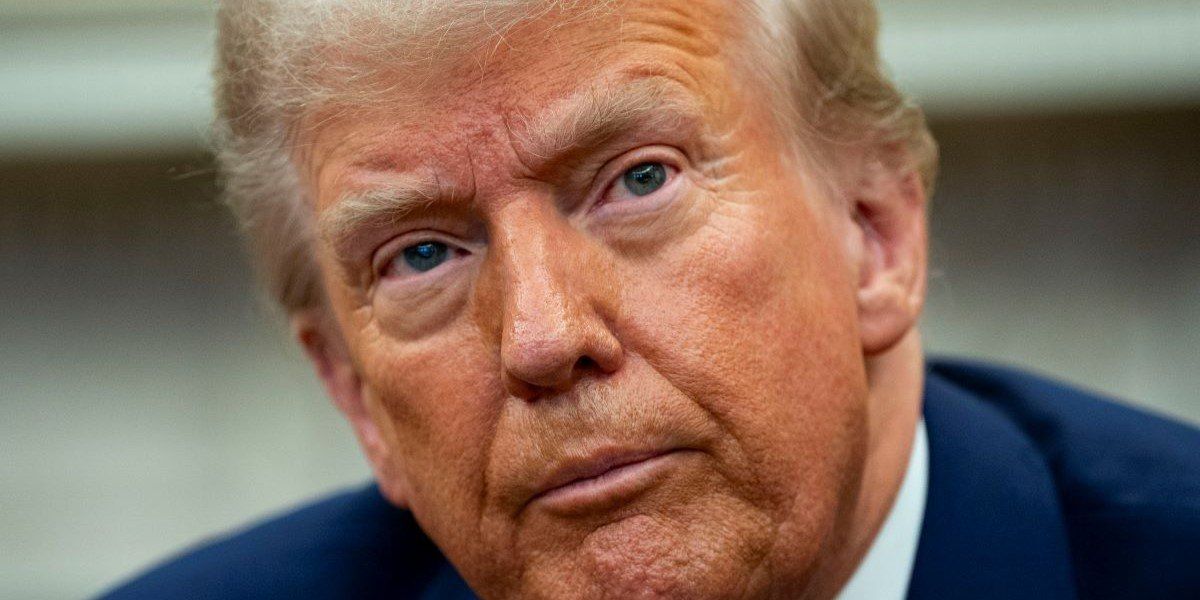The 22nd Amendment to the US Constitution is crystal clear: No person can be elected to the presidency more than twice. Ratified in 1951, it was a response to Franklin D. Roosevelt’s four-term tenure. Before FDR, the two-term limit was an unwritten rule respected as a tradition since George Washington.
The amendment doesn’t leave room for loopholes. It even prohibits a vice president who finishes out more than two years of a president’s term from being elected a third time. Grover Cleveland, the only other president besides Trump to serve two non-consecutive terms, was also barred from a third reelection.
So, could Donald Trump run for a third term? Legally, and probably, no. Not under the current rules. But we live in interesting times, and Trump and his advisers have repeatedly hinted that he could stick around for a three-peat – most recently last Thursday at a Black History Month celebration and later that same day at the Conservative Political Active Conference.
The (extremely unlikely) paths to a third term:
Repeal the 22nd Amendment. This would require two-thirds of Congress to approve removing an amendment and three-fourths of US states to ratify it. Translation: It’s politically impossible. There’s zero chance enough lawmakers — or states — would sign off on such a move. But a Republican lawmaker has still introduced a House resolution to amend the Constitution to allow President Donald Trump and future presidents to seek a third term.
Martial Law. While leaders in other countries have suspended elections during periods of martial law, in the US, the Constitution and the 22nd Amendment would remain in effect. There is nothing written in the Constitution that allows for it to be suspended during periods of national emergency. That said, when times are crazy, crazy things can happen that could weaken public and institutional pushback to a president expanding his powers during times of chaos.
Vice president loophole? Could Trump run as vice president, then ascend to the presidency if his running mate resigns? Legal scholars have debated this, but the consensus is no — since the 12th Amendment bars anyone ineligible for the presidency to serve as VP.
Ignore the law. The most extreme scenario: Trump – or any leader – could simply refuse to leave office and dare the system to stop him. Then it would come down to Congress, the courts, and the public to force him out. We saw Trump flirt with this idea after the 2020 election, which culminated in the Jan. 6 insurrection in 2021. But that’s the stuff of banana republics, not stable democracies.
Bottom line. The 22nd Amendment exists for a reason: to prevent the kind of power grabs that have destabilized other countries and destroyed democracies. As of now, it doesn’t appear that a third Trump term could happen — at least, not without a massive, unprecedented, shift in US law and politics. But things are rapidly evolving in US politics, so we will be keeping our eyes on how things develop.
